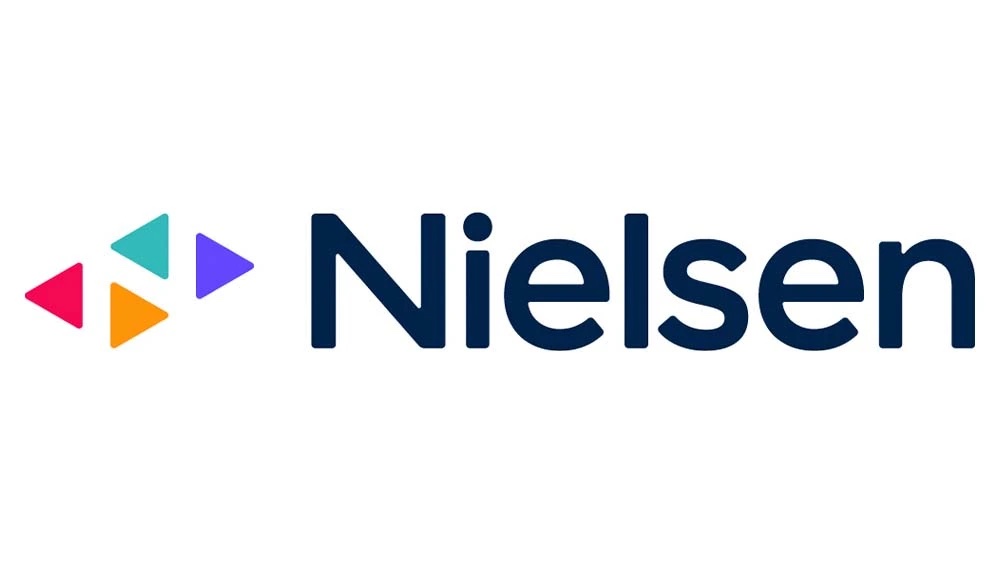McAdams On: Privatizing Broadcasting
An NAB or two ago I asked Bill Lake if broadcasters could bid on spectrum in the 2014 incentive auction. He said something to the effect of, “I don’t know why not.”
The spectrum will be designated for wireless broadband, so station owners couldn’t just buy their channels and stay put, but perhaps it’s time for the ownership option in the remaining TV spectrum.
Anti-broadcast lobbies successfully have disseminated the perception that broadcasters get spectrum “for free” and just siphon money from it. Stanley Hubbard would counter that broadcasters homesteaded the spectrum when no one else wanted it, spending multiple millions creating an infrastructure that made television available to virtually every man, woman and child in the United States. A license to build a TV station came with requirements, as did claims in the original Homestead Act. Settlers had to improve the land and live on it for five years. TV pioneers had to build studios, transmitter facilities and towers, and get a signal on the air within three years or lose their license.
Six decades later, the progeny of homesteaders are feeding the country and the broadcast industry widely is considered a relic. The descendants of homesteaders own the land, work like mules and tolerate risk that would make Wild Bill Hickok blanch. Broadcasters still license spectrum and get fined and vilified when some spoiled celebrity utters an indelicate word. They also get fined for record-keeping errors, peeling tower paint, inadequate signage and programming infractions.
A privatized broadcast industry would be free of programming rules made obsolete by cable, satellite and Xboxes. Service could be free or encrypted. Barry Diller and Alki David would have to leech off of something else—maybe they could create a subscription emergency alert system.
There would be an opening, after all.
The professional video industry's #1 source for news, trends and product and tech information. Sign up below.
